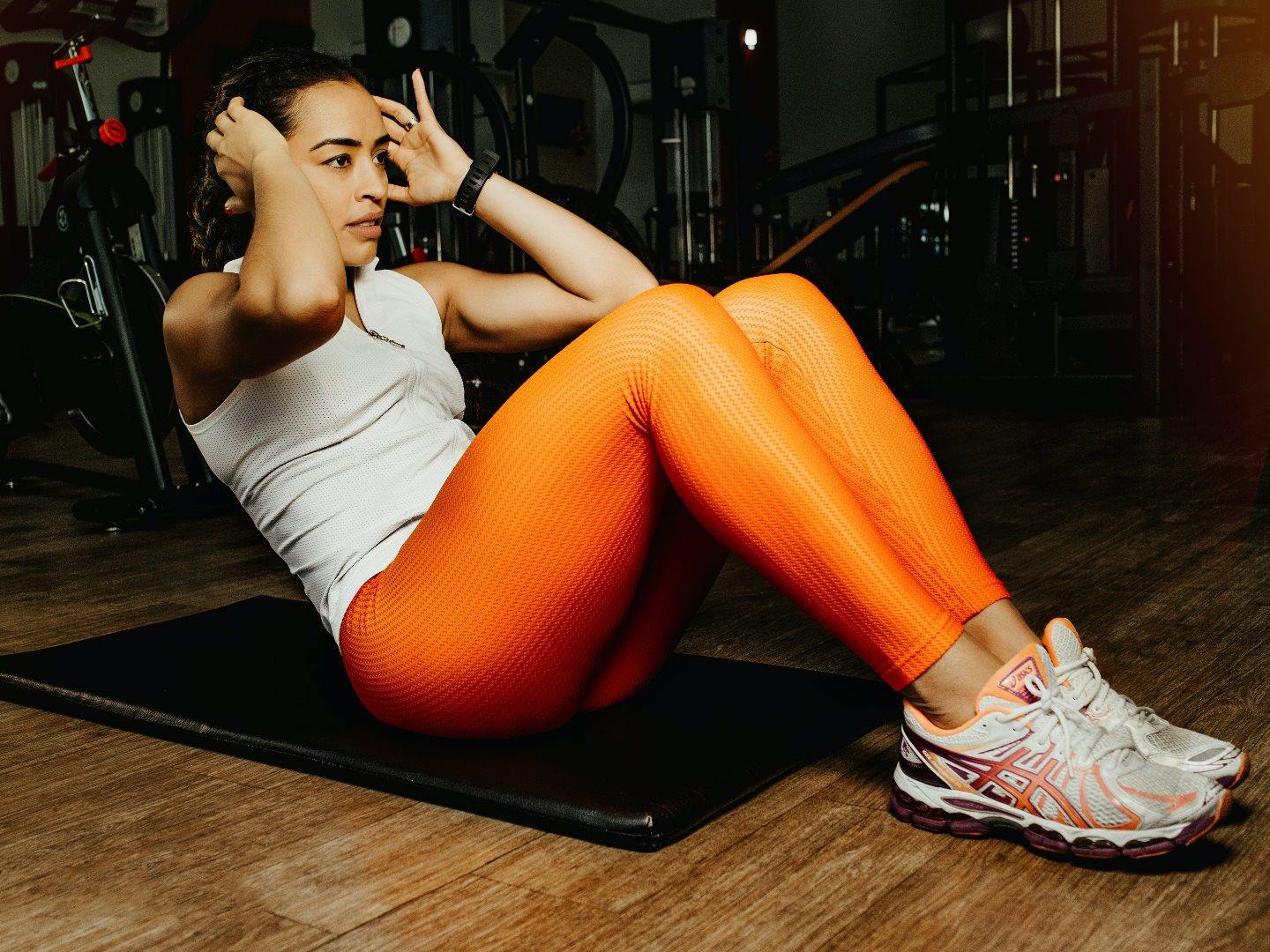Female Performance: The Menstrual Cycle & Training

In a world where marginal gains are often critical to success, some glaring performance variables are only just starting to be spoken about. For many years studies conducted to understand the inner workings of the human body, regarding sport medicines and even car safety, have been predominantly male focused.
Although top level athletes have anything but average physiques, a male and female competitor with still be different anatomically, and also in their physiology. Looking away from these extraordinary specimens, the playing field tends to level-out somewhat. However, in order to achieve similar feats, whether that be running a marathon or rowing an ocean, the training regime should look a little different.
One key area that has been neglected is how the menstrual cycle, and the fluctuations in hormones that occurs, can impact training and recovery. Although still in its infancy of research, studies have shown different phases that influence physiological parameters such as muscle growth and heart rate.
Oestrogen has been shown to promote muscle growth by activating satellite cells which results in regeneration, and muscle recovery by attenuating the rate or muscle cell death. Interestingly, the rise of this hormone at the beginning of a cycle (once the period has finished), along with testosterone, indicates that doing additional strength training here will lead to more beneficial results, than if done during the second half of the cycle.
Good moods and high energy are also common during the beginning of the cycle.
Good moods and high energy are also common during the beginning of the cycle, and through the middle, as oestrogen causes an increase in serotonin. Getting tough interval sessions done is a good way to capitalise on this, or even going for a personal best.
The luteal phase is the final part of the menstrual cycle. Oestrogen levels decline whilst progesterone peaks and this can be associated with feeling drowsy and irritable. Studies have also shown an increase in cardiovascular strain and decreased time to exhaustion. Although exercise can always be beneficial, some workouts may feel harder than normal.
Ultimately, the person who knows your body best is you. As an individual we know if hitting the river is what will leave us feeling exuberated, or if curling up on the sofa with a tub of ice cream is what’s really needed. However, having more awareness of why we feel a certain way, and tailoring some workouts to when the greatest benefit will be gained, could just help to pick up a medal at a regatta this summer.
Links to additional information on this subject:
Training during first half of menstrual cycle most efficient - Science Daily
How the menstrual cycle and menstruation affect sporting performance - BMJ (free)
The power of the menstrual cycle - British Rowing Plus (requires BR membership)
words by Eleanor Brinkhoff
photo by Jonathan Borba on Unsplash








